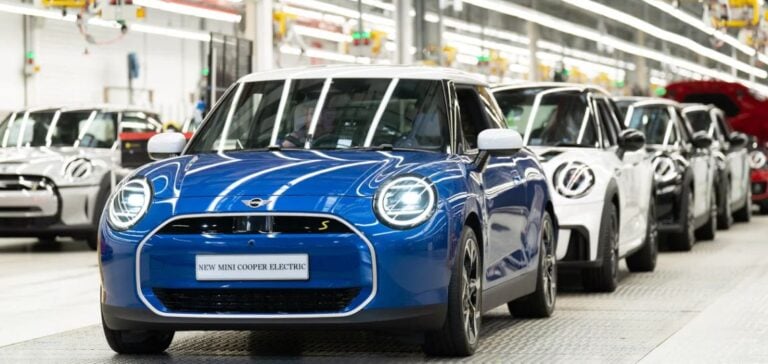The UK automobile market reached a significant milestone in 2024 with 382,000 electric vehicles sold, accounting for 19.6% of total sales. These figures, published by the Society of Motor Manufacturers and Traders (SMMT), mark a historic record but remain below the government’s target of 22% market share.
Regulatory adjustments to avoid penalties
In October, the SMMT raised concerns, predicting a market share below 18.5%. Ultimately, the goal was partially achieved through significant price discounts, which industry players consider unsustainable in the long term. Authorities have assured, however, that manufacturers will avoid the penalties initially planned, thanks to a flexibility mechanism that considers overall emission reductions, including hybrid models.
An ambitious threshold for 2025
In 2025, the mandatory share of electric vehicles is set to rise to 28%, further intensifying pressure on the industry. Additionally, the Labour government has confirmed its intention to move forward with a 2030 ban on petrol and diesel car sales, despite a previous postponement to 2035. A consultation is underway to determine the conditions under which some hybrid models could remain on the market until 2035.
A market driven by businesses
In 2024, the UK new car market grew by 2.6%, with nearly 2 million vehicles sold. This growth was primarily driven by corporate purchases, while individual buyers reduced their acquisitions. This trend reflects the impact of targeted support strategies for fleets, highlighting future challenges in stimulating consumer demand.
With ambitious decarbonization goals and significant investments at stake, the UK automotive industry faces critical decisions to secure its economic and environmental future.






















